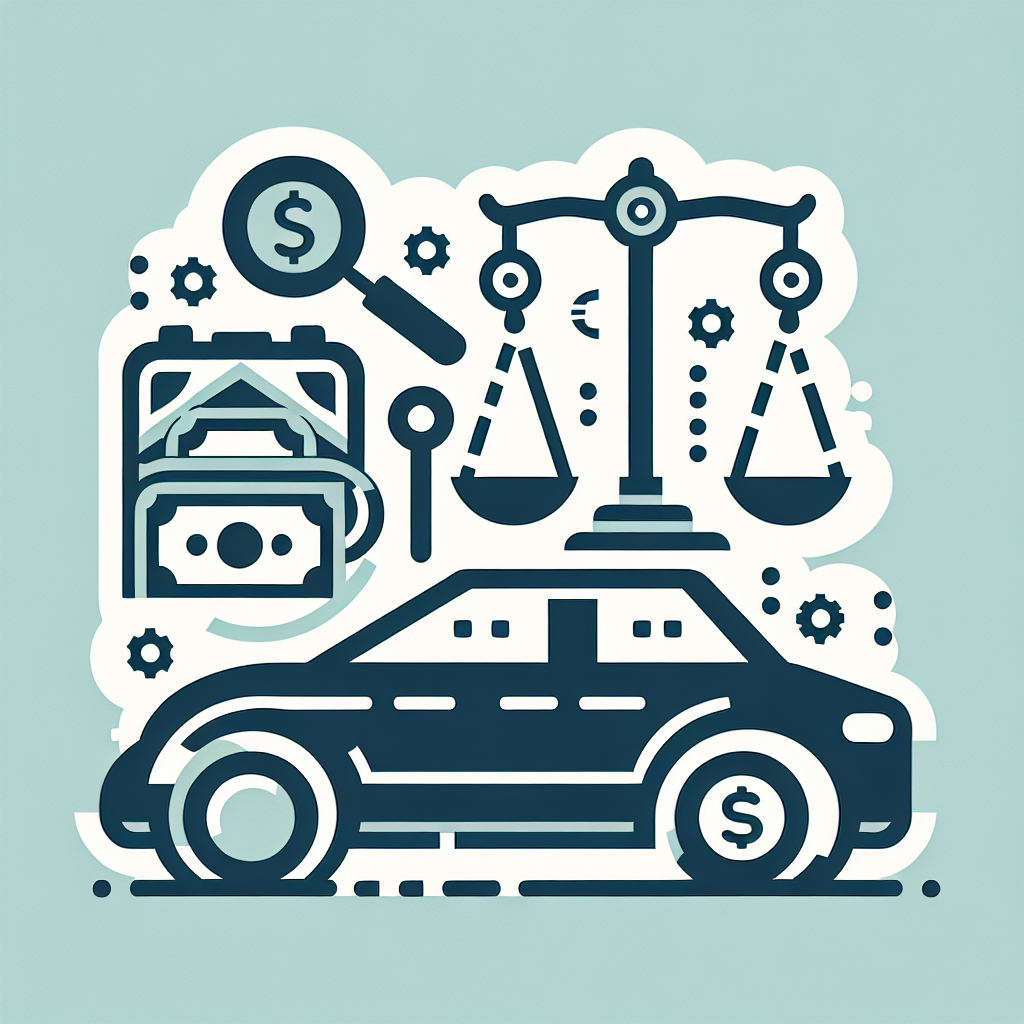Automotive Finance Scandal May Rival PPI Costs, Warns FCA

Unveiling the Car Finance Debacle
In recent developments that could reshape the financial landscape of the UK's automotive industry, the Financial Conduct Authority (FCA) has outlined the potential massive financial implications following a landmark legal ruling. The car finance commission scandal is poised to become one of the largest consumer compensation cases, drawing chilling comparisons to the notorious payment protection insurance (PPI) saga. Historically, the PPI case saw banks in the UK incurring compensation costs upward of £50 billion, a shadow that could now loom over the auto finance sector.
The Legal Precedent That Changed the Game
The momentum for these staggering revelations stemmed from a pivotal ruling by the court of appeal, which rendered car dealers' practice of pocketing 'secret' commissions unlawful. These commissions, undisclosed to borrowers, were previously permitted under discretionary commission arrangements (DCAs), a practice curtailed by the FCA back in 2021. The court's decision has elucidated a broader dimension of the issue, compelling regulators and financial institutions to recalibrate their understanding and approach.
Financial Implications for Major Lenders
The repercussions of this ruling are not limited to regulatory discourse but extend deeply into the financial strategies of major lenders. Institutions like Lloyds, Santander UK, and Close Brothers face potential liabilities extending beyond Moody's preliminary estimates, which projected damages at £30 billion. As these entities scramble to manage looming costs and legal challenges, the uncertainty surrounding their financial health intensifies.
Regulatory Oversight and Industry Response
The FCA, under the leadership of Stephen Braviner Roman, has been instrumental in bringing the depth of the issue to light. During a recent Treasury committee hearing, Roman underscored the expanded scope of liability, highlighting that the initial underestimation was due to a narrower focus on DCAs. This revelation comes on the heels of earlier assurances by Nikhil Rathi, the FCA’s chief executive, who attempted to mitigate market fears by downplaying the analogy to the PPI incident. Yet, the legal mandate has undoubtedly sparked a strategic re-evaluation within the regulatory framework and among impacted lenders.
Industry and Public Repercussions
The broadening of investigative efforts signals more than financial burdens for lenders—it casts a long shadow of reform across the auto finance market. Lenders involved, including the likes of FirstRand, are mounting appeals, with the supreme court now becoming the latest battleground. This unfolding drama not only presses lenders against legal walls but also calls for better transparency and fair practice in consumer lending. As public scrutiny intensifies, the auto finance sector finds itself at a crossroads, balancing between reputational recovery and obligatory compensation payouts.
The looming specter of a PPI-scale debacle forces both industry stakeholders and regulatory bodies to advocate for more comprehensive consumer safeguards. As the narrative around this scandal develops, stakeholders are tasked with navigating the financial, regulatory, and public consequences that ensure justice and fairness are restored to the UK car finance market.



Comments ()